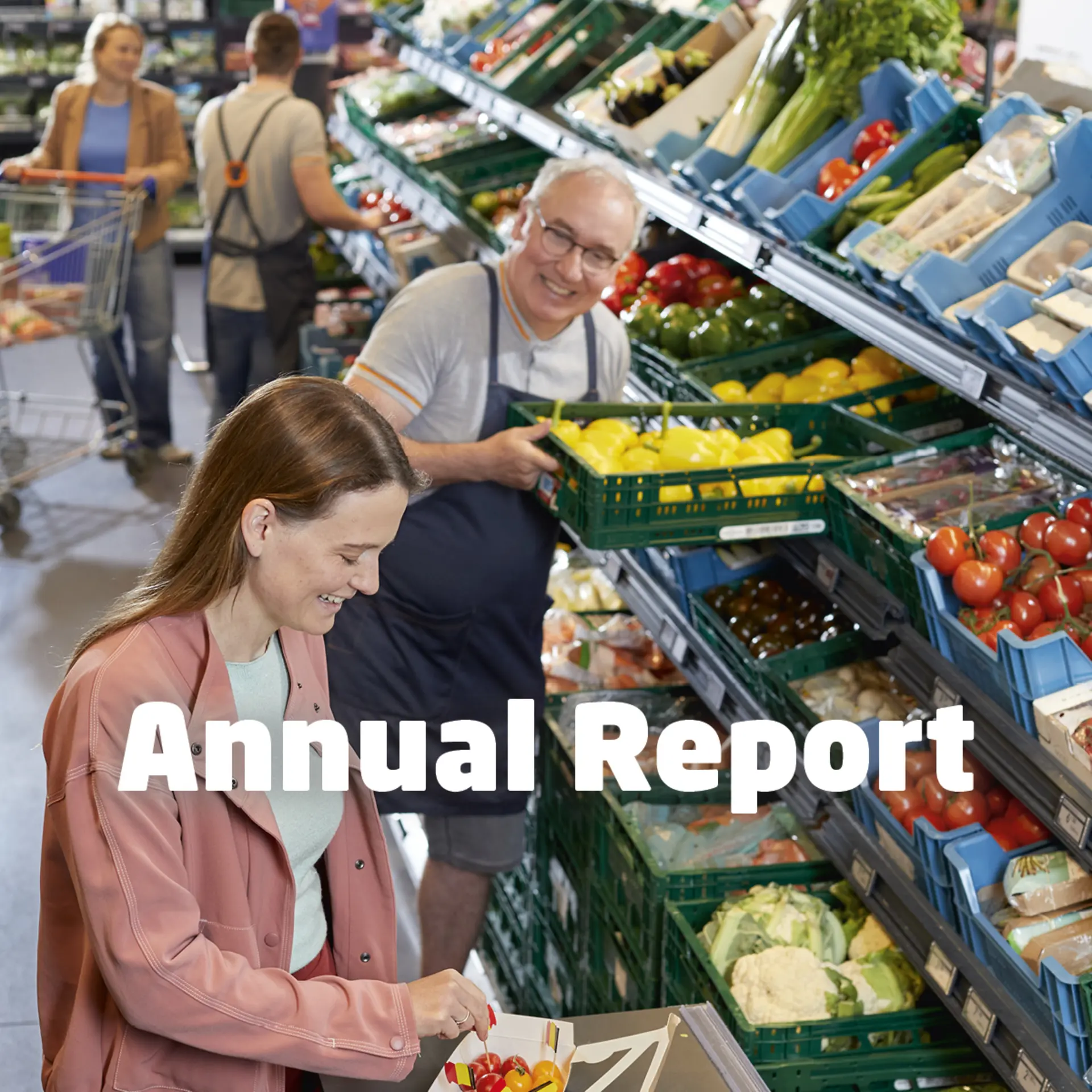Colruyt Group tests, together with ECLO, the reuse of its own bread waste to grow mushrooms
Colruyt Group reuses its own bread waste to grow mushrooms. For the production of this circular product, they entered into a cooperation with ECLO, formerly known as 'Le Champignon de Bruxelles'. They have the know-how to process bread into substrate and grow different types of mushrooms on it. The test to valorise bread waste streams, driven by Colruyt Group's food innovation team, lasted 1.5 years and is a success. The first mushrooms, grown on Bio-Planet's bread residual streams, will be available in the Cru markets in Overijse, Antwerp and Ghent from mid-October.
Wednesday, September 29, 2021
Eryngii, oyster mushrooms and shiitakes in Cru markets from mid-October
Partnership for growing a circular product
Colruyt Group's food innovation team approached ECLO with the idea of valorising residual flows. This huge city farm in Brussels grows delicious mushrooms locally in a sustainable and circular manner, as well as micro-vegetables, and has the know-how for cultivation on residual streams. In this project, bread residues are processed into substrate, on which different types of mushrooms can grow. The substrate is used as a fertiliser for the gardeners' fields after the harvest. That way we get a circular product. "The partnership with Colruyt Group confirms our belief that local entrepreneurship in a circular economy by means of residual flows can be successful”, says Hadrien Velge, co-founder and CEO of ECLO.
Successful test
"We have been working for quite some time on a way to grow mushrooms on waste streams and are therefore very proud that we managed to realise this project together with our partner ECLO”, says Anna Gryseels, project leader in the food innovation team of Colruyt Group. The test project for growing mushrooms on bread waste took place in exclusive cooperation with ECLO and lasted 1.5 years. ECLO collects the bread residues from the Bio-Planet shop in Groot-Bijgaarden and processes it into substrate. After about 10 weeks, the mushrooms are ready to be picked. The mushrooms are of superior quality, have a long shelf life and a pleasant structure. They can be kept for 10 days at a temperature between 2° and 7 °C because they are so fresh. Eryngii and shiitakes grow best on bread substrate, but oyster mushrooms are also grown on bread residues. Now that the test is successful, Cru can temporary offer these 3 types of mushrooms in their markets in Overijse, Antwerp and Ghent from mid-October. Cru customers are foodies and therefore an important audience to test the element of taste. They will get the opportunity to give their opinion on the product and the sustainable cultivation of the mushrooms. The aim is to scale up this test, but these plans are not yet concrete.
Reusing food surpluses
Colruyt Group is looking for solutions to combat food waste as much as possible. On the one hand, by focusing on the prevention of food surpluses (more than 97% of fresh and frozen products are actually sold thanks to efficient stock management) and, on the other hand, by reusing food surpluses (animal feed, biochemistry, reusing food to make other food such as tripe). The mushrooms on residual bread flows project also fits into this framework. "In2020, bread represented about 14% of Colruyt Group's food surplus. That bread goes mainly into feeding pigs or is processed in sausages. By reusing it to grow mushrooms, we give it an extra life and contribute to less food waste and the circular economy where surpluses become raw materials again. We are therefore proud that we caninspire our customersin this wayto consume more consciously”, continues Stefan Goethaert, Director of Fine Food, Retail Services and Private Label at Colruyt Group.
About ECLO
ECLO, formerly ‘Le Champignon de Bruxelles’, is an urban farm that produces exotic mushrooms and microgreens. Founded in 2016, it operates about 3,000 m² of the Kuregem Cellars in the centre of Brussels. Some of the mushrooms are produced in a circular way: with waste derived from the production of beer (used grain) and bread. Microgreens are produced using vertical cultivation techniques and use up to 80% less water than conventional cultivation. The company employs 16 people. Per month, it produces about 6 tons of mushrooms, 32 tons of substrates and 8,000 microgreens. Eclo works together with the major players in organic distribution in Belgium, more than 300 organic shops and 160 restaurants. It also offers regular tours of its production areas to introduce individuals and companies to mushroom cultivation and microgreens. Today, ECLO is an important player in urban agriculture and the circular economy in Belgium. www.eclo.farm
About Cru
CRU is an indoor experience market for people with a passion for good food, pure flavours and quality products. CRU's passionate artisans bring authenticity in a contemporary way: ordinary things are extraordinarily good. They offer the products in their purest form, prepare them or process them into high-quality preparations. Customers are served at the Cuit restaurant in Overijse and Ghent, or take them home. The three markets have different businesses and offer a unique selection of fresh seasonal products: fruit and vegetables, meat and cold cuts, poultry, fish, but also cheeses, drinks, flowers, chocolate and artisanal bread based on their own sourdough.
If you have any questions and/or comments, please contact the press office of Colruyt Group via press@colruytgroup.com / 02/363 55 45, or Quentin Declerck at ECLO via quentin@eclo.farm / 0496 20 38 46.
